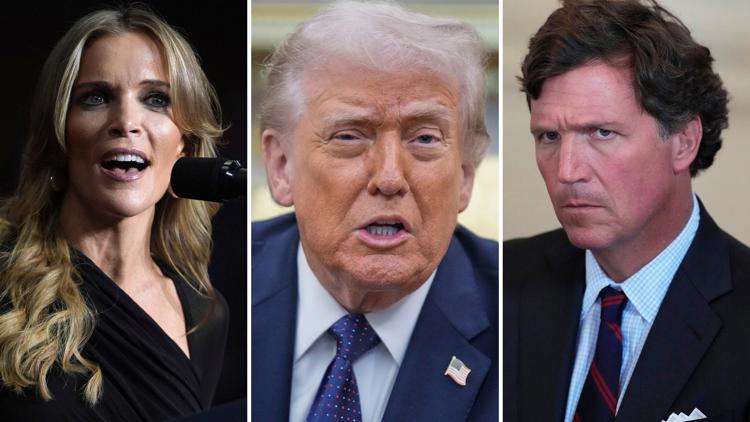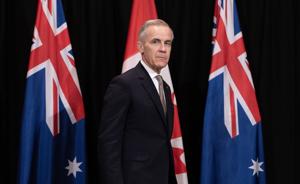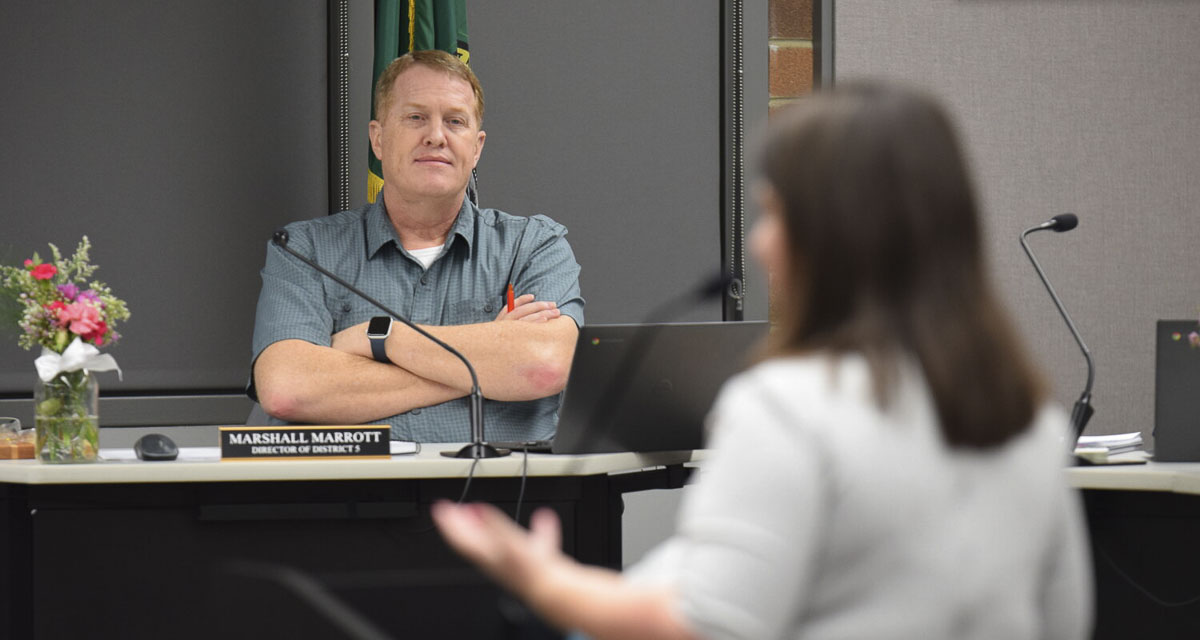2026-03-04
Primary Losers: Crockett Cries 'Disenfranchisement' , Crenshaw Crushed
Primary Losers: Crockett Cries 'Disenfranchisement' , Crenshaw Crushed Rep. Jasmine Crockett has just lost her Democratic Senate primary in Texas to Democratic state lawmaker James Talarico, who will now try to become the first Democrat in nearly 40 years to win a Senate election in Texas. He will face the Republican winner between longtime incumbent Sen. John Cornyn and Texas AG Ken Paxton. Crockett, a racist, who says that entering the USA illegally is 'not a crime' and is under FEC investigation for suspicious ActBlue donations, says she's going to file a lawsuit challenging the results due to alleged confusion among some voters in Dallas County over where they were supposed to vote. Speaking with supporters Tuesday night, she says that because of the confusion, "people have been disenfranchised," and that the outcome of the race wouldn't be known until Dallas County's votes are counted. As noted above, Cornyn and Paxton will advance to a runoff in the Texas Republican primary race, after neither candidate manged to receive 50% of the vote. Crenshaw LosesRep. Dan Crenshaw, R-Texas, was unseated in Tuesday's primary. Tom Williams / CQ-Roll Call via Getty Images fileRep. Dan Crenshaw (R-TX) also lost on Tuesday in his primary bid for the GOP nomination for Texas's 2nd Congressional District - losing to Steve Toth by 15.5 points. Toth repeatedly described Crenshaw as a "neocon" war hawk, while Crenshaw was notably the only House Republican in Texas not endorsed by President Trump (who just made the neocons very happy bombing Iran). Crenshaw voted for the 2024 bipartisan border bill, which received criticism from some Republicans and Trump, according to the Epoch Times.Toth was endorsed by TPUSA, and if you wondered where he stands on Iran - he's a proud supporter of Israel and the Jewish People, and thanks Trump for protecting America from the Iranians. Babette and I are praying for our service men and women across the world as they bravely defend our freedom.00Thank you, President Trump for your continued leadership and bold defense of the United States of America.00Iran seeks the destruction of the United States and must... https://t.co/vJi7leRII3— Steve Toth (@SteveTothTX) February 28, 2026I will proudly stand with @Israel and the Jewish People. Israel can’t wait until Iran has turned the Middle East into a nuclear wasteland. They did the right thing, the right way.I traveled to the Embassy in Washington post October 7th and saw first hand what Hamas/Iran did to... https://t.co/YGQV8WxVFP— Steve Toth (@SteveTothTX) June 13, 2025According to the “About” section on his website, Toth is an ordained minister and small business owner. Toth, who was backed by Sen. Ted Cruz (R-Texas), has championed his conservative track record while serving in the state Legislature.In other primary news (via the Epoch Times);North Carolina: Whatley, Cooper Win NC Senate NominationsThe Senate matchup for the general election in North Carolina has been set, with former Republican National Committee chairman Michael Whatley and former Democratic Gov. Roy Cooper set to face off in November in a race that could determine which party controls the upper congressional chamber.Whatley won the GOP primary, while Cooper won the Democratic primary, with both easily defeating challengers.Endorsed by Trump, Whatley ran on getting North Carolina “back on track,” helping families make ends meet, creating jobs, and improving public safety.During his campaign, Cooper talked about affordability and a ban on congressional stock trading.House Races for Redrawn DistrictsVoters also cast votes for candidates in districts that have had their boundaries altered by the mid-decade redistricting push undertaken nationwide since Texas redrew its maps in mid 2025.In North Carolina’s First Congressional District, Republicans selected Laurie Buckhout as their nominee on March 3, setting up a November rematch against incumbent Rep. Don Davis (D-N.C.).The district was altered to favor Republicans, though analysts still consider the seat competitive.In Texas’s 28th Congressional District, Democratic incumbent Rep. Henry Cuellar will face Republican Webb County Judge Tano Tijerina in a district that Republicans hope to flip this year.The competitive South Texas congressional district is one of five in the state that Texas Republicans redrew in hopes of bolstering their party’s chances of maintaining control of Congress.Tijerina, a former Major League Baseball player who has been endorsed by Trump and Texas Gov. Greg Abbott, is seen as a promising challenger in the redrawn district, which is almost 90 percent Hispanic.In Texas’s 34th Congressional District, Trump-endorsed candidate Eric Flores defeated former Rep. Mayra Flores, setting up a match with incumbent Rep. Vicente Gonzalez (D-Texas).In 2022, Mayra Flores made headlines with a special election win in District 34 before the map was redrawn. Republicans pointed to her success as a sign of their growing strength among conservative Hispanic voters.But after she lost to Gonzalez in 2022 and again in 2024, the party shifted toward a fresh start with a new candidate. Her opponent, Eric Flores, has gained the support of Trump and other Republican leaders.As HeadlineUSA notes further;Gonzales, who has said he won’t step down, entered the nation’s first big primary of 2026 under pressure from fellow House Republicans after published reports last month that alleged to show explicit text messages between him and the former staffer, who allegedly killed herself last year by lighting herself on fire.Gonzales said in a recent social media post that he was being blackmailed and then suggested in another post that he is the target of “coordinated political attacks.”The San Antonio Express-News reported that it had obtained text messages in which the former staffer, Regina Ann Santos-Aviles, wrote to a colleague that she had an affair with Gonzales.The Associated Press has not independently obtained copies of the messages. An attorney for Adrian Aviles, Santos-Aviles’ husband, has said the husband found out about the affair before his wife’s death.Santos-Aviles, 35, died in September 2025 after setting herself on fire in the backyard of her Uvalde home. The Bexar County Medical Examiner’s Office later ruled her death a suicide. Tyler DurdenWed, 03/04/2026 - 09:40
























































































